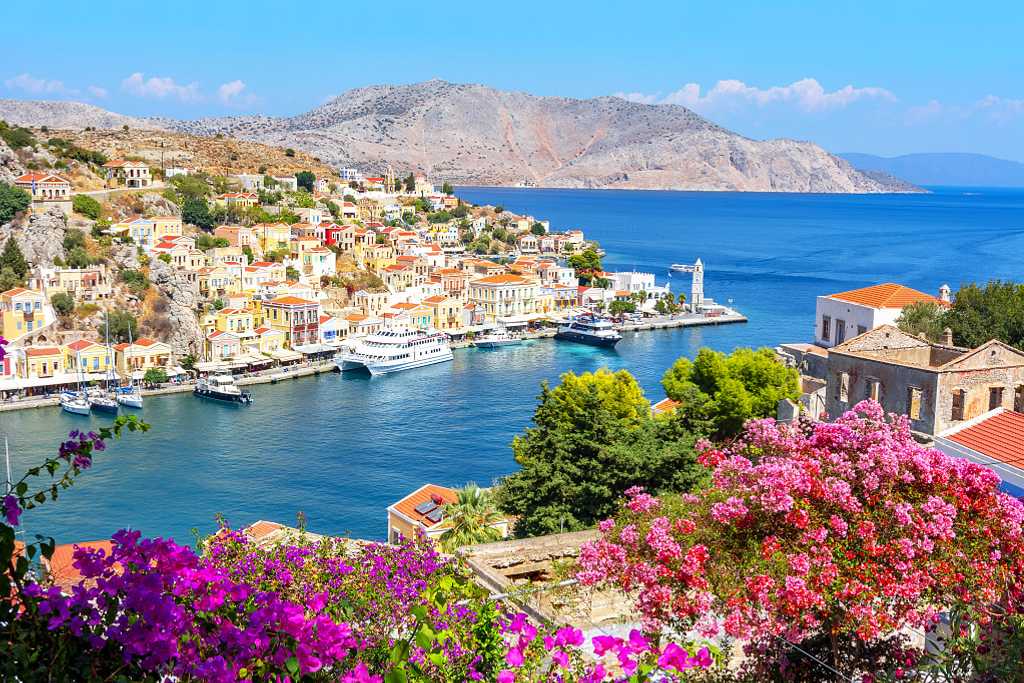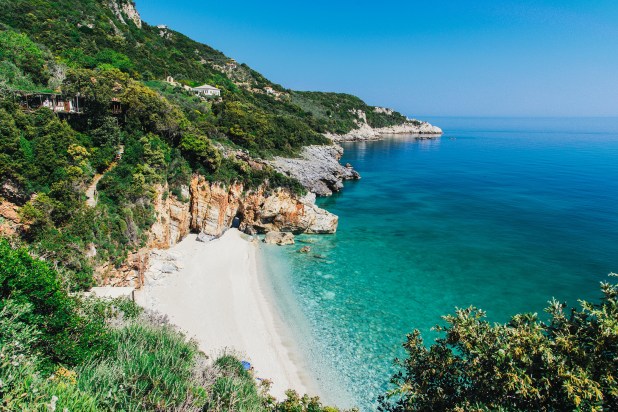Intro
From ancient ruins to sun-soaked beaches and mouthwatering cuisine, Greece is a timeless destination that blends history, beauty, and hospitality. This all-in-one guide will help you explore the best of Greece—whether you're a culture lover, foodie, adventurer, or laid-back island hopper.
Things To Do in Greece: Must-See Attractions
1. Acropolis of Athens
Step into history and witness the grandeur of ancient Greece at this iconic site overlooking Athens.
2. Island Hopping
Santorini: Romantic sunsets, whitewashed villages
Mykonos: Chic clubs, beaches, and luxury
Crete: Historical richness and diverse landscapes
3. Meteora Monasteries
Marvel at monasteries perched on surreal rock columns—a UNESCO World Heritage treasure.
4. Delphi
Ancient ruins nestled in scenic mountain terrain, once believed to be the center of the world.
5. Navagio (Shipwreck) Beach, Zakynthos
Turquoise waters, dramatic cliffs, and a shipwreck set the scene for one of the most photographed beaches in the world.
Hidden Gems in Greece: Off-the-Beaten-Path Wonders
1. Naxos – A serene blend of beaches, hiking trails, and traditional Greek culture.
2. Kastellorizo – A colorful, lesser-known island perfect for escaping crowds.
3. Pelion Peninsula – Secluded coves, forests, and authentic villages ideal for a nature-filled retreat.
4. Monemvasia – A romantic medieval fortress town on a small rock island—like stepping into a fantasy novel.
Culinary Delights: What to Eat in Greece
Moussaka – A hearty, layered casserole loved across the country.
Souvlaki & Gyros – Fast, flavorful Greek street food essentials.
Spanakopita – Savory spinach pie wrapped in crispy phyllo.
Fresh Seafood – Octopus, sardines, and grilled calamari, especially on the islands.
Feta Cheese & Greek Salad – Simple, fresh, and tangy.
Loukoumades – Sweet honey-soaked dough balls—Greek donuts!
Where to Stay in Greece: Hotels for Every Budget
Luxury Stays (5-Star):
Canaves Oia Suites – Santorini, cliffside views and private pools
Blue Palace Elounda – Crete, luxurious and family-friendly
Mid-Range Comfort (3-4 Star):
Hotel Grande Bretagne – Athens, historic and central with rooftop dining
Naxian Collection – Naxos, Cycladic charm meets modern style
Budget-Friendly:
City Circus Hostel – Athens, fun vibe and great location
Hotel Keti – Santorini, affordable yet scenic
Is It Safe to Travel to Greece?
Yes—Greece is one of the safest European countries for tourists. Violent crime is extremely rare. Just be mindful of pickpockets in crowded areas and avoid leaving valuables unattended at beaches or cafés.
Best Time to Visit Greece
Ideal Months:
April–June for spring blooms and mild weather
September–October for warm water and fewer tourists
Avoid July–August unless you enjoy heat and busy streets, especially in popular islands like Santorini or Mykonos.
Do’s and Don’ts in Greece
Do:
Greet locals with a smile and a simple “Yassas” (hello)
Respect church dress codes
Embrace the slower pace—“Greek time” is real
Don’t:
Flush toilet paper (use the bin provided)
Assume every location takes card—carry cash
Touch ancient ruins—look, don’t climb!
Tourist Essentials: What to Know Before You Go
Currency: Euro (€)
Language: Greek (English widely spoken)
Transport: Taxis, rental cars, ferries, and intercity buses
SIM Cards: Vodafone, Cosmote, or WIND (available at the airport or kiosks)
Emergency Number: 112
Tap Water: Safe in Athens and mainland; opt for bottled on islands
Ready to explore Greece?
With a rich blend of culture, cuisine, natural beauty, and warm hospitality, Greece is waiting to wow you. Use this guide to plan your adventure—and uncover the magic beyond the postcards.






















0 Comments